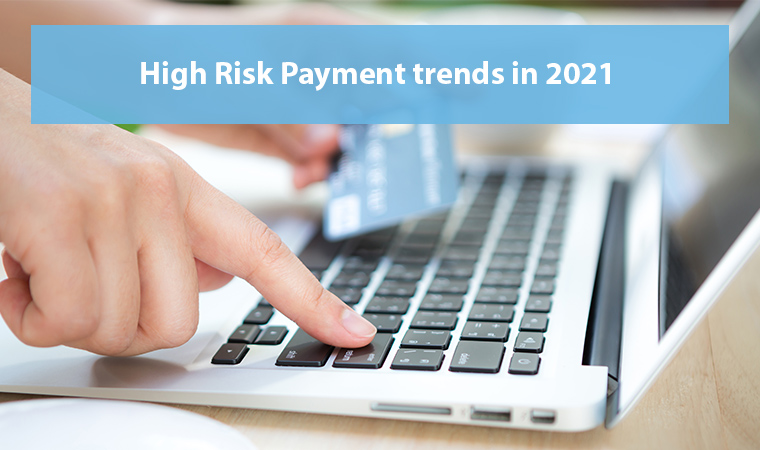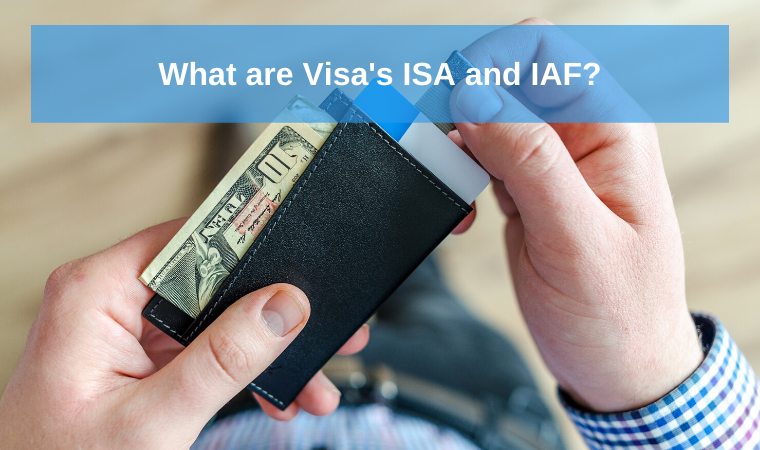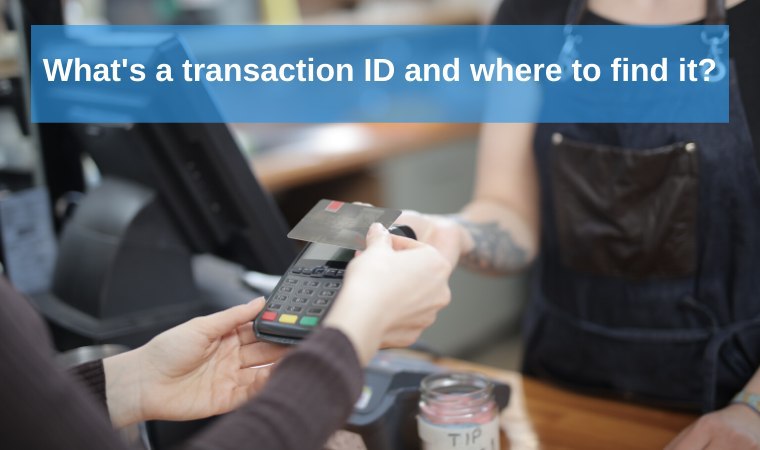What is a credit card dispute and how can merchants prevent it?

“No way I bought that subscription/car rent/garden rakes!” That’s how the credit card dispute usually starts. A consumer raises the alarm, claiming the transaction fraudulent. After alerting all the relatives and neighbors, he reaches out to the issuing bank and requests the chargeback. What happens then? Continue reading to learn what a credit card dispute is and how merchants can fight it back.
What is a credit card dispute?
A credit card dispute is also known as a credit card chargeback. It happens when a consumer contacts the issuing bank to report the fraudulent/invalid transaction carried out via his credit card. Simply put, a client checks his billing history and identifies the transaction he cannot recognize. Then, he gets frustrated enough to reach out to the bank for a money refund. There are two ways this plays out. Either a bank finds a transaction fraudulent and files for a credit card dispute, or it rejects the request as a mock one.
The credit card dispute was established as part of the 1974 Fair Credit Billing Act. Its twist was to strengthen trust in credit cards, which were quite an innovation back then. As for 2019, credit card dispute remains an essential part of consumer protection mechanism.
When are customers entitled to a dispute?
There are just two cases when a client is within his rights to apply for a credit card dispute. The criminal activity and merchants’ mistakes. Let’s check out both cases in action:
- Somewhere between a morning coffee and dropping kids to school, you get a message from your bank. $500 were charged from your credit card for repair services. Wait. You haven’t ordered any repair services since Christmas 2010. That’s an example of criminal activity.
- You’ve decided to become that sexy and healthy guy everyone likes, and ordered ten packs of protein for a gym. You were motivated enough to pay in advance. When the delivery was shipped, there were only 5 packs, instead of 10. The billing history, though, shows that the money was charged as if for ten items. That’s the merchant’s mistake.
- You’ve ordered a bohemian green sofa and got a cheesy pink poof — merchant’s fall.
When are customers not entitled to file a dispute?
You might be shocked to learn that almost 70% of all credit card disputes narrow down to neither category. The large part of disputes falls into the category of “friendly fraud.” That is when a customer, intentionally or due to the lack of knowledge, applies for an unwanted chargeback. According to the latest data, the direct costs of friendly fraud might reach $25 billion by 2020. Check out some of the most popular reasons for a “friendly fraud”:
- The customer wants to return an item but doesn’t know how to get a refund;
- The consumer experiences guilt after compulsive shopping;
- The customer spent more than expected due to excitement and now claims that the transaction was fraudulent/(that’s big a burden for gambling and gaming merchant).;
- The merchant’s return process seems too complicated and the client does not want to deal with it;
- The consumer didn’t understand the delivery schedule;
- The customer wants to get a refund, but the refund time limit has expired;
- Family fraud takes place. Yes, it happens a lot.
- The cardholder didn’t recognize the transaction on his/her billing statement by mistake;
- The buyer does cyber shoplifting to get a product for free.
How credit card disputes affect your business?
Once again, the credit card dispute is a chargeback. Chargeback ratio of more than 1% puts a merchant’s business at risk. Check out the four reasons how credit card disputes affect your business:
- Credit card networks ban merchants with a high level of chargebacks. Visa and MasterCard networks use programs that monitor the level of chargebacks among their users (businesses only). Once the amount of monthly chargebacks exceeds the number 100, the merchant has no choice but to pay a $25 000 fixed fine.
- Payment processors reject merchants with damaged processing history. Keep in mind that payment processing history goes further than your turnover. It also shows your fraud and chargebacks ratio. The PSPs (like PayPal, PaySpacelv, Stripe, etc.) think twice before approving the application from a merchant with poor processing history. Why is it so? Payment processors have contracts with banks that also put limits for an allowed number of banned merchants, e.g. Simple put, reputation risks are to blame.
- As a business owner, you pay for every chargeback, even if it was not valid. Unfortunately, it is mandatory to pay a fee for every dispute and refund. Also, if they are non-valid or fake or requested by crazy customers. Simply put, if the bank finds the chargebacks invalid, you still pay the fee. The average chargeback fee ranges from $15 to $50 per chargeback.
- Your merchant account might get banned. Doesn’t seem like a happy end, huh? If the PSP or an acquiring bank finds your business too risky (on account of the high level of chargebacks or fraud), they are within their right to close your merchant account.
It seems like there are enough compelling arguments to learn how to prevent credit card disputes. By the way, check out Four Tips For Battling Business Chargebacks.
How to prevent credit card disputes
Criminals have no choice but to face justice. But you are not a criminal (at least we hope so). Hence, you don’t have to become of victim of chargebacks flotilla. Take a look at the proven methods to nip chargebacks in the bud:
1. Create a high-quality refund system.
People don’t apply for chargebacks straightaway. They usually reach a merchant first. And that’s more than reasonable. No one wants to mess up with banks and lengthy applications. So, the majority of clients always ask for a refund first. A refund is when a merchant sends a brand-new product to a dissatisfied client. The main benefit of refunds is that they don’t worsen your processing history. How the refund occurs? An unhappy customer contacts customer support. Then, the merchant ships a new or missing product. However, as it often happens, merchants forget to reply or simply have poor quality customer support. Avoid such an approach not to put your business at a risk.
2. Install a fraud and chargebacks prevention system.
That is software designed to minimize the number of fraudulent transactions and chargebacks. The reliable PSPs usually offer them as a part of a payment solution. At PaySpacelv, we offer our own Charge Advisor. Thanks to its high-end technology, 98% of the disputes were resolved in the merchant’s favor in 2019. Charge Advisor also allows us to choose individual solutions for every business industry. That means, we provide different chargebacks prevention solutions for gambling merchants and for e-stores. The detailed analysis of customer’s behavior combined with machine learning allows us to do so.
3. Use a credit card hold authorization.
A credit card authorization hold is a proven tool to prevent chargebacks. It allows merchants to pick the right clients and sift the suspicious ones manually. How does it work? All the transactions are automatically held for a specified period of time (the merchant is to decide). During the hold, a merchant can contact a client directly to make sure that he is serious about a purchase. In case of being unsure about the consumer’s intentions, a merchant can manually decline the transaction. The highest part of the credit card authorization hold is that it does not affect the processing history. Such an approach is a life-saver for those merchants with high average ticket amounts and high-risk industries. At PaySpacelv, we offer credit card authorization hold for free.
4. Master your Terms & Conditions and Refund Policy pages.
Make sure to create a detailed explanation of shipping and refund policies. It will play on your behalf once the chargebacks arise.
Summary
Don’t lose money for credit card disputes. Adjust your website, strengthen customer support, and activate the fraud and chargebacks prevention system. Think of using a credit card authorization hold as well. All in all, your goal is to serve clients and grow rich, not to panic about chargebacks flotilla. Get a payment solution and high-end chargeback prevention.






